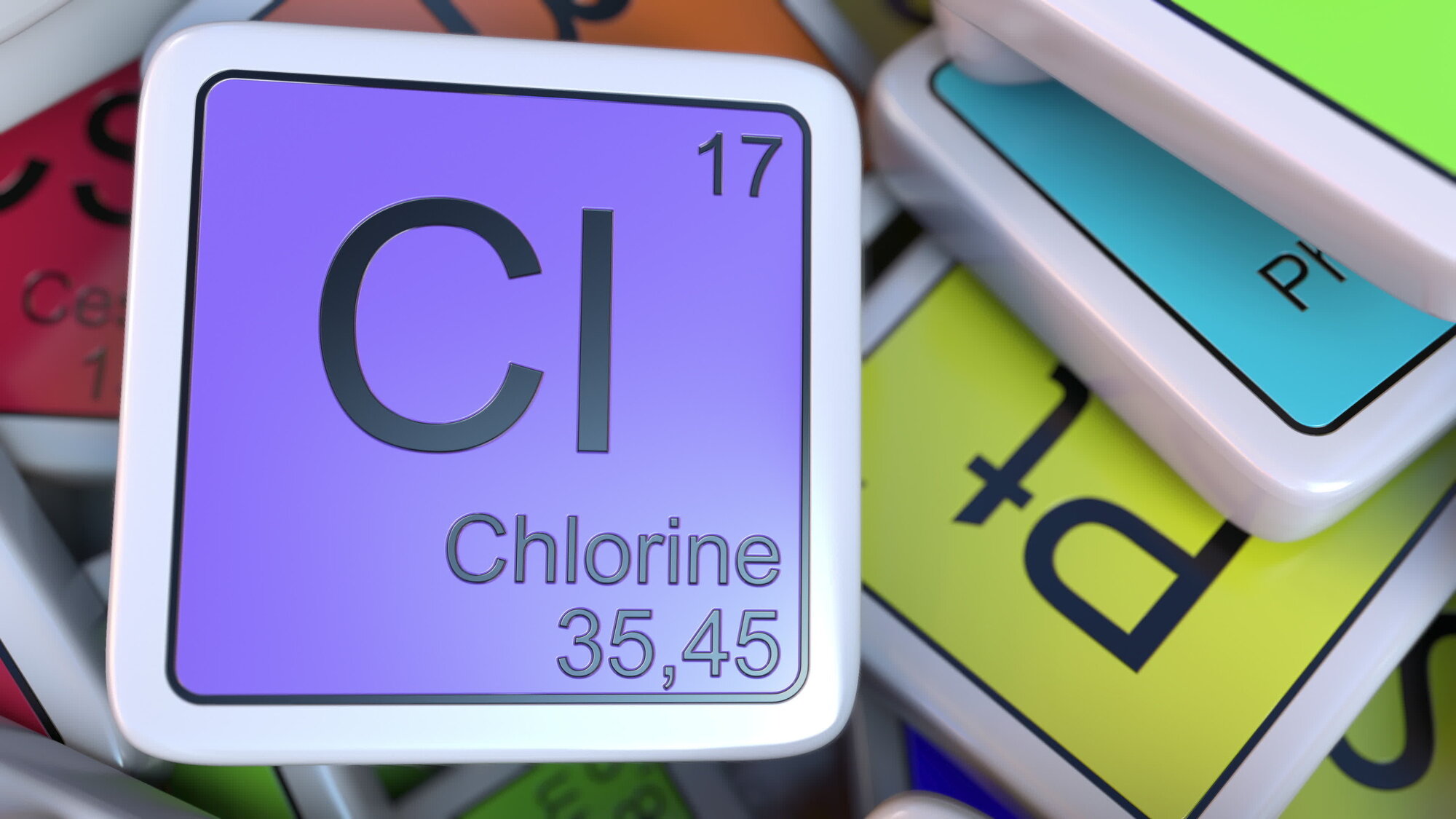Are Salt Water Pool Systems a Better Alternative to Chlorine Pools
While salt water pools are not as common as chlorine pools, they might be a superior option for any backyard pool.
While salt water pools are not as common as chlorine pools, they might be a superior option for any backyard pool. Click here to learn why.
The luxury of coming home and shaking off the pains of the day by dipping into your own swimming pool is a relatively new concept, only coming into popularity during the 20th century.
But as you dip into the pool, do you really know what you're getting into?
Out of the 10.4 million residential swimming pools in the US, chlorine is one of the most popular water system methods, but research shows it may not be the best.
If you're a homeowner with a pool or want one, then keep reading. In this article, we'll breakdown what chlorine is and discuss the benefits of chlorine alternatives like saltwater pool systems.
What Is Chlorine?
First things first, what is chlorine?
It's a popular chemical method of keeping swimming pools free from germs and bacteria, but what is this chemical actually?
Chlorine is a naturally occurring chemical element. Found in rocks and oceans, and is a yellowish-green gas at room temperature. It's become an essential building block in society as a key ingredient in water filtration. Its disinfectant properties are what make it a popular water treatment for factories.
Because it's used as a water treatment it may seem safe, but the chlorine ratio found in pools is much higher than the ratio in water after treatment. Since it has disinfectant by-products, at such a high concentration it's rough on skin and eyes. This leads to dry skin and other serious issues.
Looking at alternative pool systems, like saltwater, can offer a reprieve from these harsh chemicals.
What Are Saltwater Pools?
Saltwater pools are pool systems that clean and disinfect water via a salt process rather than chemical.
Using saltwater systems doesn't quite give you ocean water, instead, through the process call electrolysis, it actually chlorinates the pool.
Ironic we know.
However, the chlorine level is much lower and stabilized with salinity. By using salt, you have an effective and inexpensive way to manage your pool. And with chlorine shortages progressing thought-out 2020, and no change for 2021, looking at different pool systems is a smart option.
Finally, Being Salty Is a Good Thing
Saltwater pools have softer water, meaning it's more gentle on skin and fabrics. The balance of chloramine and salinity takes away the jarring odors and negative chemical effects.
Saltwater also requires less maintenance. Chlorine requires special storage to ensure no reactions or composition changes to the chemical. With salt bags, as long as they're dry and stored with care, they're resilient to issues.
Pass the Salt! The Benefits of Saltwater Pool Systems
Saltwater pool systems offer the same disinfecting power as chlorine, but without the negative effects of harsh chemicals. Even though it produces chlorine, it's through an organic process that happens in salt, unlike manmade solutions.
We hope this article answered your questions about saltwater pools. Here at Silver State Pool Service, we strive to educate homeowners as well as help them. If you have any questions don't hesitate to contact us, or check out our blog for more information!

